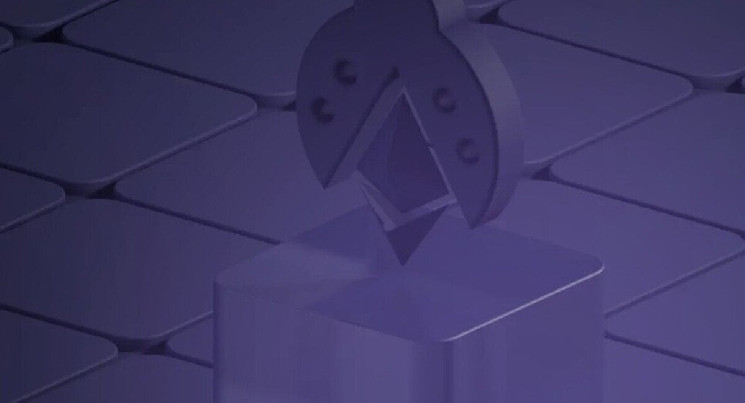Key takeaways
- Flare and Etherspot have partnered to bring account abstraction and gasless transactions to Flare Network, a blockchain for data and EVM smart contracts.
- Account abstraction will enable Flare developers to create dApps that offer a better user experience, such as biometric authentication, social recovery, and batch signing.
- Gasless transactions will allow Flare users to pay fees in different ways, such as using ERC-20 tokens.
Flare, the blockchain for data and EVM smart contract platform, has announced a new partnership with Etherspot, an ERC4337 developer platform. The collaboration, among other things, will see Etherspot introduce Account Abstraction to Flare Network and integrate Etherspot’s Arka Paymaster service into Flare’s infrastructure.
Enabling Developers to Create Better dApps
Account Abstraction will help Flare developers launch decentralized applications (dApps) that are more functional and easier to use. Instead of clumsy, externally owned accounts managed by lengthy private keys, it will make flexible and customizable smart contract accounts the default.
With this strategic partnership, Flare developers will be able to create dApps that offer the sort of experience users get with Web-2 applications without compromising their security, quality or services. Some of these experiences may include biometric authentication of transactions, social recovery of crypto wallet, as well as the ability to sign multiple transactions with a single click.
Speaking on the new partnership, Developer Relation at Flare, Uttam Singh, said:
“Etherspot is a renewed Account Abstraction SDK provider and recently received grant from Ethereum Foundation for advancing EIP4337. We are happy to collaborate with them to bring Account Abstraction to Flare, making it easier for builders onboard new users into their dApps and wider ecosystem.”
Easier, Frictionless Onboarding
Flare’s partnership with Etherspot will also make it easier for developers to onboard new users. As mentioned earlier, it will include the integration of Etherspot’s Arka Paymaster service, which will enable gasless transactions on Flare.
With the recent developments, Flare users will be able to pay transaction fees in different ways, even when they don’t hold FLR tokens. Also, they wouldn’t have to sacrifice custody of their accounts to make this happen. Rather, fees can be paid in a compatible ERC-20 token, like USDC.
With the need for users to hold FLR eliminated, onboarding new users to Flare Network will become a lot easier. New developers can easily get in and after launching their dApps, they can be sure that onboarding new end users will be as smooth as possible.
Other Good Sides of the Partnership
The on-chain advancements discussed above are not the only dividends of the Flare-Etherspot’s partnership. In addition to Arka Paymaster Service, the collaboration includes the establishment of other independent off-chain stacks, including Skandha Bundler Service and Custom APIs for smooth usage. Based on available information, this off-chain approach will improve efficiency as well as speed of transactions.
Flare focuses on enabling developers to create dApps that are relevant to daily lives. The partnership with Etherspots addresses unique challenges and will ultimately help developers create better apps and attract more users. Again, it is conducted in a sustainable and scalable manner that guarantees optimum performance, even as network traffic increases.
Conclusion
Flare and Etherspot have announced a strategic partnership that will enhance the functionality and usability of Flare Network, a blockchain platform for data and EVM smart contracts. The partnership will introduce account abstraction and gasless transactions to Flare, enabling developers to create dApps that offer a better user experience and easier onboarding. The partnership will also leverage off-chain stacks to improve efficiency and speed of transactions. Flare and Etherspot aim to make art investing accessible and rewarding for everyone, by using blockchain technology and fractional ownership.


